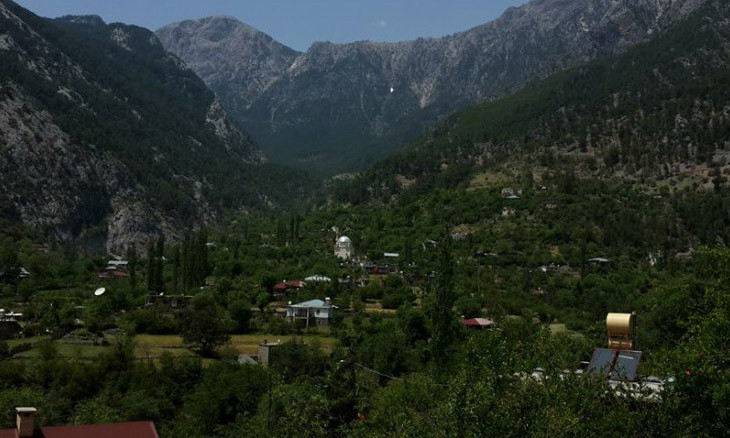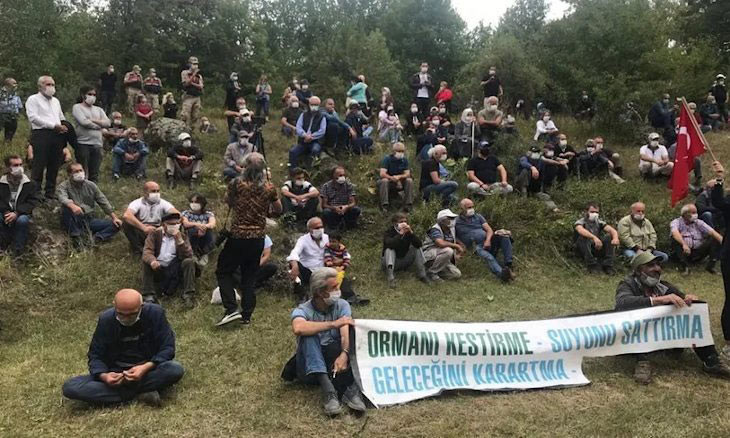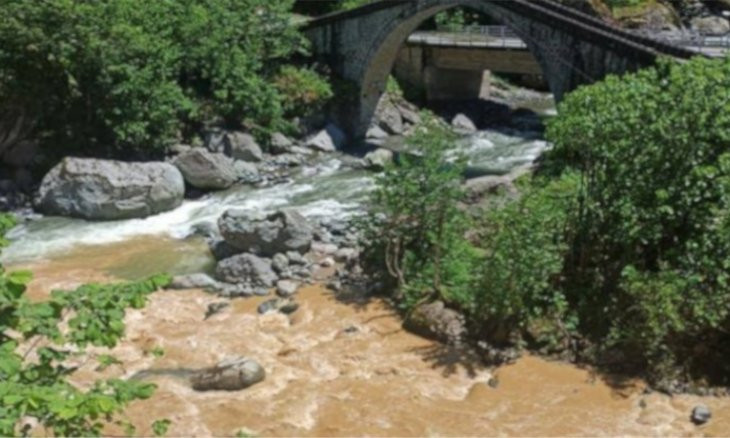Erdoğan controversially privatizes five hydroelectric power plants
A presidential decree dated March 10 permitted the privatization of five hydroelectric power plants across the country, a move that's concerning both for the environment and the allocation of resources.
Duvar English
Five hydroelectric power plants (HPP) across Turkey were privatized, the Official Gazette reported on March 10, in a move that's concerning both for the environment and for the distribution of wealth to pro-government circles.
The ruling Justice and Development Party (AKP) has a notorious track record both environmentally and in relation to nepotism: The Turkish government has been reported countless times to assign extravagant and environmentally destructive state tenders to pro-government companies.
The AKP has also, as a wider policy, prioritized profit over environmental protection, most notably in the western Kaz Mountains where months-long protests led to the evacuation of a Canadian mining company.
Signed by President Recep Tayyip Erdoğan himself, a decree placed a deadline of Dec. 21, 2025 for the privatization of the Çal HPP in western Denizli, Girlevik II and Mercan HPPs in eastern Erzincan, the Koyulhisar HPP in nearby Sivas and the Dereiçi HPP in adjacent Kars.
The decree also sanctions the privatization of the plants through the transfer of the managerial rights, as well as the transfer of the physical capital on the premises.
Ankara privatized a shocking 80 facilities in 2020, and legislation for the privatization of 13 other HPPs is ongoing.
Hydroelectric power plants across Turkey risk locals' health through pollution, but also their livelihoods through the effective destruction of local water sources as environmental regulation in the country is hardly extensive, and not even enforced properly.
Many locals around industrial construction by pro-government companies often report that operations continue without the necessary assessments being conducted.

 Antalya villagers worried that hydroelectric plant will destroy their futureEnvironment
Antalya villagers worried that hydroelectric plant will destroy their futureEnvironment Black Sea town faces environmental destruction due to hydroelectric power plantEnvironment
Black Sea town faces environmental destruction due to hydroelectric power plantEnvironment Company building hydroelectric plant in Artvin breaching environmental rules, say activistsEnvironment
Company building hydroelectric plant in Artvin breaching environmental rules, say activistsEnvironment